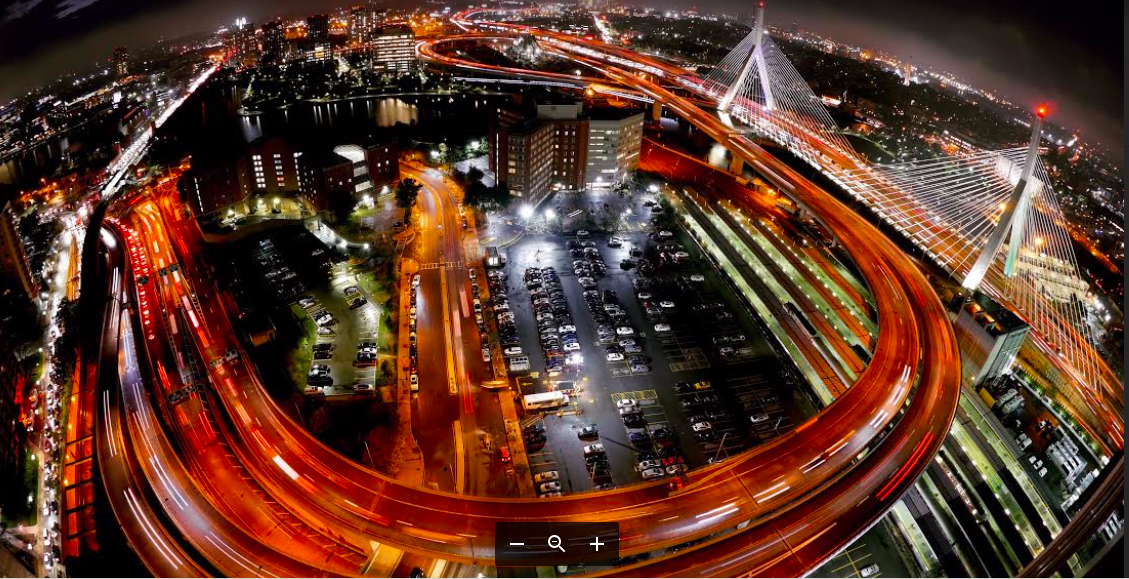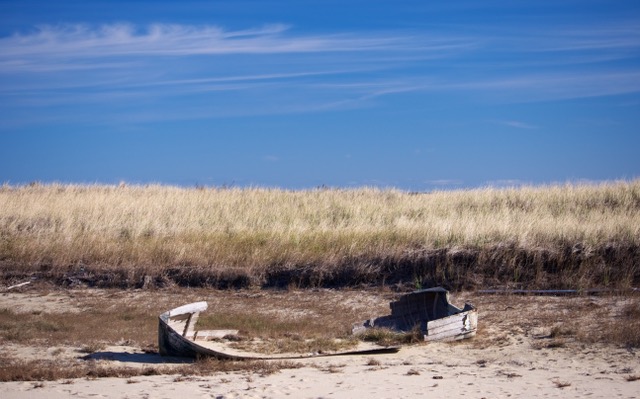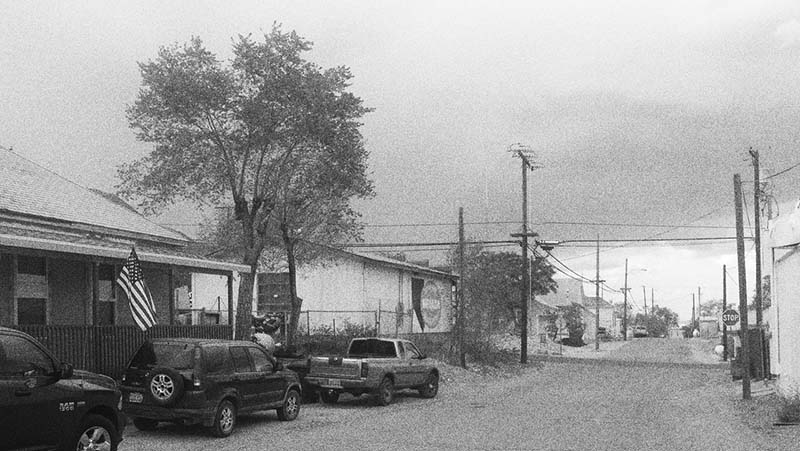Wee Willie Winkie – the Real Story – Excerpt 2 from ‘The Guid Scots Tongue’
This is the second excerpt from Robert Kemp’s 1950 series of radio broadcasts about the Scots language. At a school, our scholar of Scots – Jean – converses with a…
This is the second excerpt from Robert Kemp’s 1950 series of radio broadcasts about the Scots language. At a school, our scholar of Scots – Jean – converses with a…
Excerpt from a radio series about the Scots language by Robert Kemp
Feb 28, 2018 – Boston. A former spy chief discusses Brexit. At Harvard’s school of government today, a lunchtime talk “Brexit’s Impact on the Future of International Security: A Conversation…
Imagine the two main parties of the British political system as two massive, heavy velvet curtains, a little moth-eaten, frayed. People are swinging on them and they are on the…
At the end of 2017, my two home countries of the USA and Scotland are going in different directions in terms of tax reform. While the Scottish government is introducing more progressive taxes, the US is in the process of passing a controversial bill which cuts tax bigly for the rich.

Photo: Rob Bruce and William Bruce
This is a think piece about atonomous cars. it is written as a dialogue between three characters. Jim is visiting old friends Roy and Elspeth in their Boston apartment after a conference. Roy is a neoist, enthusiastic about new develoments. Elspeth is a Luddite. Jim is an environmentalist who loves trains.
In the corner apartment overlooking the city, Elspeth was unpacking a Whole Foods bag, in between flipping a clean towel onto the bathroom rail and kicking her gym shoes under the sofa. She greeted them at the door. “Jim! How lovely.”
After Jim had admired the view – two windowed walls overlooking the nexus of highways leading commuters out of the city, they sat at the breakfast bar and shared a bottle of wine, chewing over old times, while Roy and Elspeth produced dinner, chopping vegetables for a salad, frying fish.
After dinner, the argument began. Moving to the sitting area of the tiny living room area of the Webster’s apartment, set like an eyrie above the city’s nexus of highways, they surveyed the jammed outward-bound traffic across three lines of the interstate.
A Snow Bunting looks across a mountain landscape with little sign of human habitation. This photograph was taken by my husband Rob Bruce on our Highland holiday this year, on land owned by a reclusive Malaysian businessman.
American health care is a racket run by scammers who prey on the sick and the worried. Its health professionals behave like escorts in a hostess bar, prompting drunk punters to order the most expensive drinks, knowing they will get a portion of the proceeds. It is a fundamentally dishonest system, heartless and duplicitous. But as well as its immoral base, it is bankrupting America where health spending is heading for one pound in every five of economic activity. My personal experience is trivial but salutary. This morning I received two bills for seeking medical help, totalling $600. As a freelance content creator this is a sum that in itself will cause stress. I am kicking myself for going near the doctor in the first place. It turned out that what was ailing me would get better by itself – which it did, within a week.
Every democratic election is a choice, to a certain extent, between the bad and the worse. In that sense, it is much like life. There is seldom a perfect option. And every voter who takes pencil in hand in the privacy of the polling booth will assess the issues, compromise on some and prioritise others.
In the First Past the Post Westminster election, we also vote for – or against – an individual whose name appears on the ballot. It seems likely that across the UK on Thursday night some big names will lose their seats and be subjected to the kind of ritual humiliation by media that goes with the job of MP these days. Alex Salmond and Angus Robertson may be among them.
I am not a nationalist but I will be voting SNP. More specifically, I will vote for Tommy Sheppard in Edinburgh East. Sheppard seems to be a man who takes an international view, not a narrow nationalist one. But my decision is based on his party’s strong pro-EU stance. In the event of a hung Parliament – unlikely though that may be – the SNP would be a voice for staying in the single market, the customs union, for freedom of movement.
UJK Rowling made an influential contribution to the debate on the so-called “rape clause’ by tweeting about it this week to her ten million followers. And BBC journalist Laura Kuenssberg came in for criticism for a tweet accusing the SNP of trying to make political capital out of it. But despite the social media interest, the issue doesn’t seem to have the same traction in England as it does in Scotland. A petition calling for a debate in Westminster has attracted few signatures south of the border, in contrast to an impassioned debate at Holyrood, where all four main parties except the Conservatives oppose it.
The debate about the Scottish economy centres largely on GERS which looks at public expenditure – the taxes raised in Scotland and the government spending. These suggest an independent Scotland would have a massive deficit.
This reflects the fact that Scotland has a shrunken private sector. Scotland has a very big public sector and those people are paid, of course, with money that has to be raised from taxation. So if Scotland were to have a sustainable future as an independent country, it would have to expand its private sector and create more profitable businesses.
November 2017 marks the 50th anniversary of Winnie Ewing’s election as the first SNP MP. Here is the late Arnold Kemp’s account of some of the history of the SNP in Parliament after that iconic moment. (Excerpted from “The Hollow Drum” and the anthology of his journalism “Confusion to our Enemies” )
The devolution years really began for me in 1967. It was after midnight and on the Scotsman we were holding the Glasgow edition for the result of the Hamilton by-election. Seconds after the declaration – a stunning victory for the SNP candidate Mrs Winifred Ewing over Labour – David Bradford, one of the political editors, came on the line and bawled out the intro which I took down in longhand and sent to the composing room. I can remember that it began with the phrase, ‘The rising tide of Scottish nationalism …’ and it expressed the mood of excitement. Mrs Ewing, though she lost the seat later, launched the SNP into the stratosphere of concentrated London media attention and from her victory is often traced the party’s modern prominence.
Talking to English friends recently, it has become apparent to me that they don’t really think that the United Kingdom is in the process of breaking up as a result of Brexit. It will all blow over, they insist, when everyone realises what a great success Brexit is. Things will unfold like England after the Reformation – sure there were difficult times, some beheadings. A massive land grab by the aristocracy. Bloody Mary. But then it all came good under Elizabeth 1. And that is how it will be again. But my perspective as a Scot is pretty clear. Brexit spells the end of the UK. Here’s why:
1 Northern Ireland
Northern Ireland voted to remain in the European Union. So a UK-wide Brexit would mean that for the convenience of the English, Ireland and the European Union would be expected to undertake the trouble and expense of enforcing a border across 300 miles of the island of Ireland. Fuck that for a game of soldiers.
(Below this piece is a response from Bob Tait, in which he recounts being called a “rootless cosmpolitan” by the poet Hugh MacDiarmid.)
Recently, listening to Radio Four’s ‘Thought for the Day’, a programme that is intended for a moment of religiously-inspired reflection in the morning news cycle, I heard the Reverend Giles Fraser denouncing “rootless cosmopolitans’.I was surprised and horrified as to me this phrase connotes ‘Jews’. It has a history – the ideological separation of non-ethnic Germans from the rest of the population by the Nazi regime.
This essay, about Edinburgh after the Brexit vote, has had more than 10,000 readers. A video is available at Phantom Power.
A week has passed since the inauguration – a busy one indeed for President Trump, who has attempted to reverse the previous administration’s policy on health care, the environment, trade, immigration, national security and housing. It set me trying to remember the old Army saying about the different types of army officers
There are four characteristics, clever, stupid, hard-working,lazy. Every officer has two. “The clever and lazy you make Chief of Staff, because he will not try to do everybody else’s work, and will always have time to think. The clever and industrious you make his deputy. The stupid and lazy you put into a line battalion, and kick him into doing a job of work. The stupid and industrious you must get rid of at once, because he is a national danger.” From Hansard in 1942, reporting a debate in the House of Lords. According to a site called “Quote Investigator”, It’s based on an article quoting a German general in a British magazine, the Army, Navy & Air Force Gazette from 1933.

Photo: Rob Bruce
I read somewhere that the character of a century is revealed half way through the second decade: – 1914 outbreak of WW1 and we know the rest, Versailles leading inexorably to the rise of Hitler; 1815 the Congress of Vienna brings a negotiated end to the Napoleonic wars and a decision to end the slave trade; 1713 Treaty of Utrecht establishes the Peace of Utrecht; 1618, beginning of the 30 Years War; 1517, Martin Luther nails his 95 theses to the door of a German church and the Reformation rolls out.
Photo: Rob Bruce. The ghost of Brexit hangs over the US election as it nears its close. Political pundits, newspaper columnists, even entertainers like the TV chef Anthony Bourdain regularly bring it up. A New York Times columnist John Cassidy wrote recently that in Britain the ‘Leave’ campaign put virtually nothing into the box on their side, leaving it occupied only by the Union Jack and voters’ fantasies. Brexit voters didn’t feel they were voting for specific people or policies. America’s saving grace may be, he argues, that people know they are voting not just to make America great again or for the flag, but also for Donald J Trump.

Tonopah, Nevada. Photo: Rob Bruce
If the Democrats win the US election convincingly, they should learn the lessons of the Scottish Independence Referendum of 2014.
It seems to me now, looking back, that the Brexit campaign was lost on the morning of September 19, 2014. That was when victory was declared for the side which fought to keep Scotland within the UK. It was the morning when triumphant Conservative Prime Minister David Cameron and his Chancellor George Osborne walked onto the steps of Downing Street – and stabbed the Labour Party who had fought alongside them in the back.
The ‘No’ campaign was fought and won largely by the Labour Party. The Tories, who had little support in Scotland, largely stayed out of it. The party political speech that Cameron gave that morning with an eye on the next General Election was the start of the unravelling of the coalition that could have swung the ‘Remain’ vote.